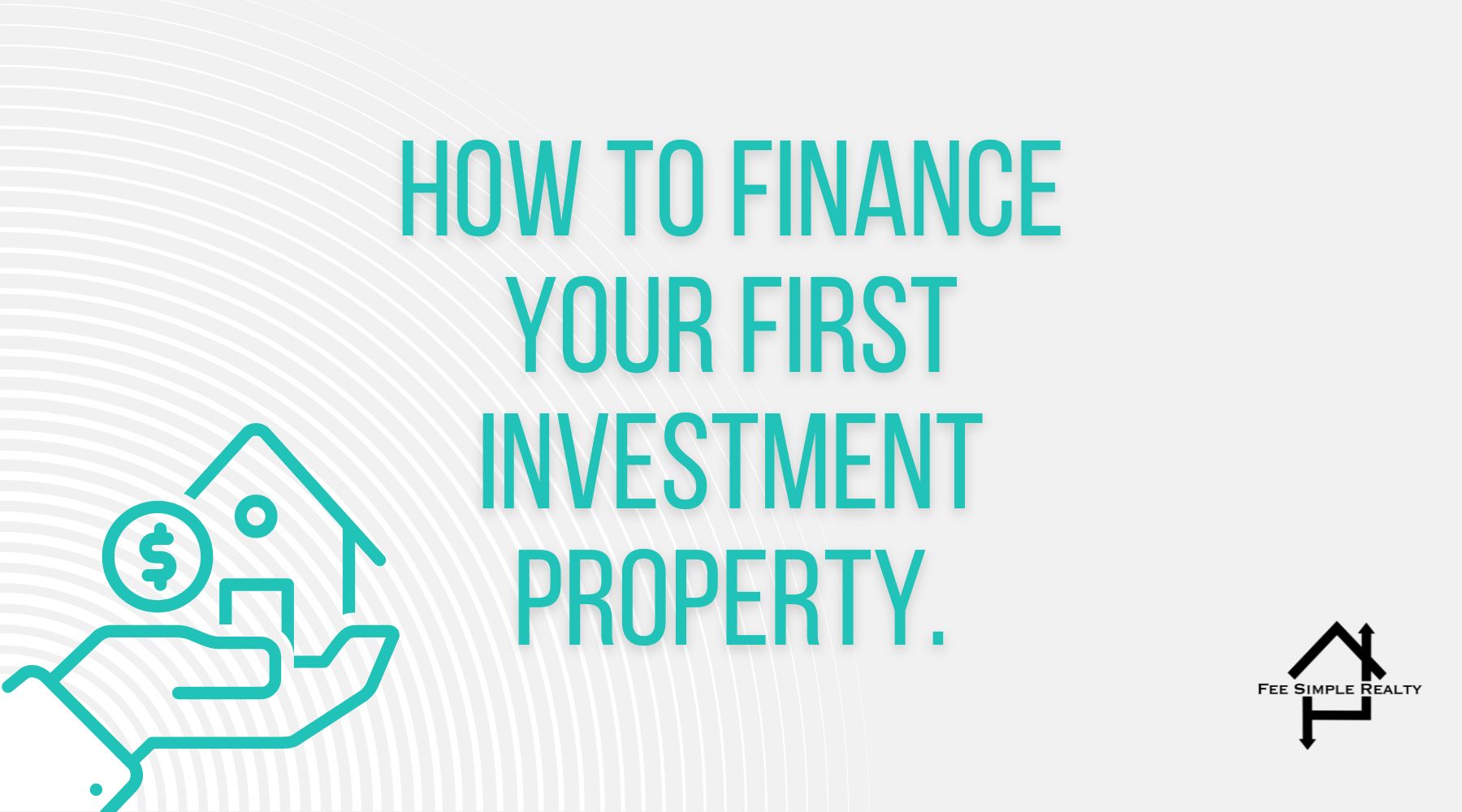How to Finance Your First Investment Property
Investing in real estate can be a lucrative way to build wealth, but financing your first investment property can be challenging. Understanding your financing options and preparing thoroughly can help you secure the funds you need. This guide will walk you through the various ways to finance your first investment property and provide tips for success.
Overview: Financing Options for Investment Properties
Options:
- Conventional Loans
- FHA Loans
- Hard Money Loans
- Private Money Loans
- Home Equity Loans
- Seller Financing
Detailed Breakdown: Financing Your First Investment Property
1. Conventional Loans
Simple Explanation: Traditional mortgage loans offered by banks and credit unions.
In-Depth Analysis: Conventional loans are a common option for financing investment properties. These loans typically require a higher down payment (usually 20-30%) and have stricter credit requirements compared to loans for primary residences. However, they often offer competitive interest rates and terms. To qualify, you’ll need a good credit score, a low debt-to-income ratio, and proof of steady income. Keep in mind that lenders may also require you to have reserves to cover several months of mortgage payments.
2. FHA Loans
Simple Explanation: Government-backed loans with lower down payment requirements.
In-Depth Analysis: While FHA loans are primarily intended for primary residences, they can be used to finance multi-family properties (up to four units) if you live in one of the units. FHA loans require a lower down payment (as low as 3.5%) and have more lenient credit requirements. This can make them an attractive option for first-time investors. However, you will need to meet specific occupancy requirements and pay for mortgage insurance, which can add to your overall costs.
3. Hard Money Loans
Simple Explanation: Short-term loans from private lenders based on property value.
In-Depth Analysis: Hard money loans are asset-based and typically used for short-term financing needs, such as fix-and-flip projects. These loans are provided by private lenders and are secured by the property itself. They often have higher interest rates and shorter terms compared to conventional loans, but they can be obtained more quickly and with less stringent credit requirements. Hard money loans are ideal for investors who need fast access to capital and plan to refinance or sell the property within a short period.
4. Private Money Loans
Simple Explanation: Loans from private individuals or companies.
In-Depth Analysis: Private money loans come from private individuals or companies willing to lend money for investment properties. These loans can be more flexible than conventional loans and may have terms negotiated directly between the borrower and the lender. Interest rates and terms can vary widely based on the lender and the perceived risk of the investment. Building a network of potential private lenders and establishing trust can be crucial for securing private money loans.
5. Home Equity Loans
Simple Explanation: Loans using the equity in your existing home as collateral.
In-Depth Analysis: If you have significant equity in your primary residence, you can use it to finance an investment property through a home equity loan or home equity line of credit (HELOC). These loans typically offer lower interest rates than other types of financing because they are secured by your home. However, using your home as collateral adds risk, as failure to repay the loan could result in losing your primary residence. This option is best for investors with substantial home equity and a clear repayment plan.
6. Seller Financing
Simple Explanation: The property seller acts as the lender.
In-Depth Analysis: In seller financing, the seller agrees to finance the purchase, and you make payments directly to them instead of a traditional lender. This can be advantageous if you have difficulty qualifying for a conventional loan or need more flexible terms. Seller financing terms, such as interest rates and repayment schedules, are negotiable and can vary widely. This option requires a willing seller and typically involves a promissory note and mortgage or deed of trust.
Tips for Financing Your First Investment Property
- Improve Your Credit Score: A higher credit score can help you qualify for better loan terms and lower interest rates.
- Save for a Larger Down Payment: A substantial down payment can make you a more attractive borrower and reduce your loan amount.
- Create a Solid Business Plan: Lenders want to see a detailed plan for how you will manage and profit from the investment property.
- Explore Multiple Financing Options: Compare different lenders and loan products to find the best fit for your needs.
- Work with a Mortgage Broker: A broker can help you navigate the financing process and find the best loan options available.
Conclusion
Financing your first investment property involves exploring various options and preparing thoroughly. Whether you choose a conventional loan, FHA loan, hard money loan, private money loan, home equity loan, or seller financing, understanding the pros and cons of each can help you make an informed decision. By improving your credit, saving for a down payment, and creating a solid business plan, you can increase your chances of securing the funds needed to start your real estate investment journey in Central Florida or beyond.
Other Related Topics
If you found this information helpful, you might also be interested in learning about the benefits of investing in rental properties, the pros and cons of buying a fixer-upper, or understanding the impact of local market trends on property values. Stay tuned for more insightful real estate posts!
Contact us today or visit our Instagram | Facebook .
